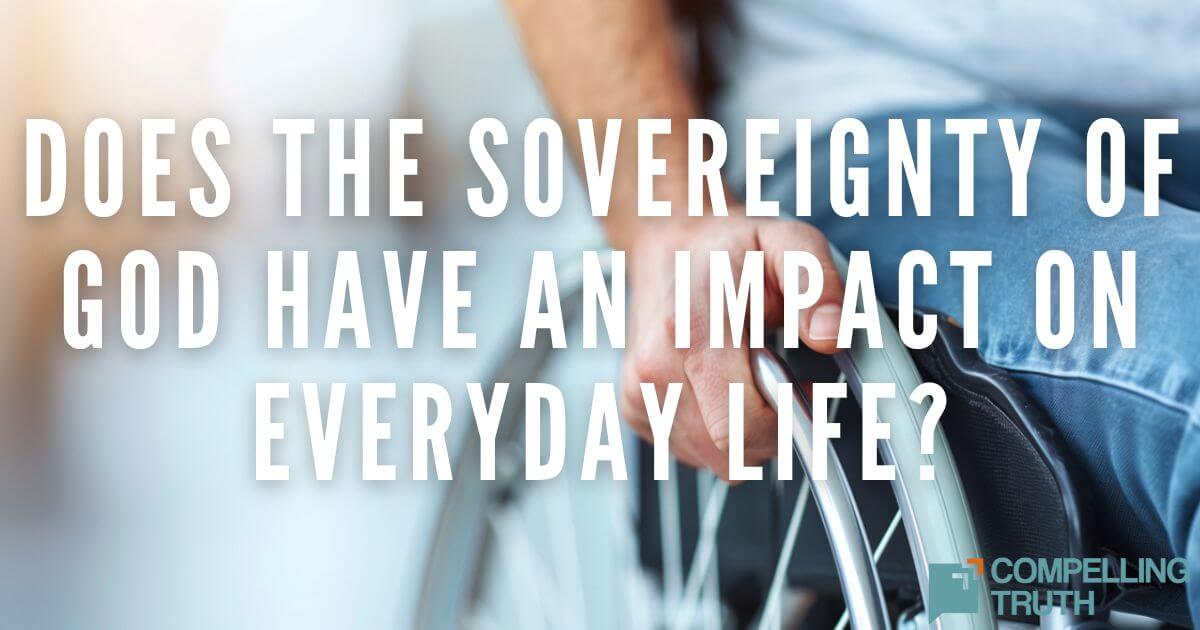Fate is the development of events beyond human control, as determined by a supernatural power. Destiny is defined asevents that necessarily happen to a specific person or thing in the future. Fate and destiny are not biblical ideas because the Bible's description of future events is much more complicated than either of these. As confusing as it may sound, God is sovereign, and He has given humans meaningful choice—His will is accomplished and yet this is not the same as fate or destiny. The concepts of fate and destiny imply some impersonal force orchestrating the events of the world, and belief in either leads to a life of resignation. But God is personally involved in the universe, desiring relationship with humanity, whom He created in His image (Genesis 1:26-27). This relationship requires our participation, even though God is ultimately in charge of the outcome of His work. One day God will bring judgment on the earth and make all things new (Revelation 20—22). All who put their faith in Jesus Christ are guaranteed eternal life, while those who persist in unbelief remain condemned (John 3:16-18). We can follow Him in this life, demonstrating love and honor for God as well as experiencing fullness of life (John 10:10; 15:1-17).
We were all created as humans with the ability to decide freely. This means we are not created as robots with preprogrammed lives that we just endure. Instead, we are free to choose where to live, where to work, whether or not to go to school, whom to befriend, whether or not to marry, and so much more. These choices affect our lives long-term to various degrees. In contrast to the concepts of fate or destiny, our lives will not go a certain direction void of our participation. People are free to choose how they will walk through this life, and they are responsible for the outcome of their choices. The Bible teaches that good choices will naturally have good results, but bad choices will naturally have bad ramifications: "Whoever sows injustice will reap calamity, and the rod of his fury will fail" but "He who loves purity of heart, and whose speech is gracious, will have the king as his friend" (Proverbs 22:8, 11).
One choice has a guaranteed outcome: whether or not to have faith in Jesus Christ. If we choose to trust Him as our Lord and have a relationship with Him, we are promised eternal life. God knows what we will choose beforehand; therefore, while some will "stumble because they disobey the word, as they were destined to do” believers are “a chosen race, a royal priesthood, a holy nation, a people for his own possession,” who will “proclaim the excellencies of him who called you out of darkness into his marvelous light" (1 Peter 2:8-9). God promises that "if you confess with your mouth that Jesus is Lord and believe in your heart that God raised him from the dead, you will be saved. . . . For the Scripture says, 'Everyone who believes in him will not be put to shame'" (Romans 10:9-11). But the outcome is also guaranteed for those who reject Christ: eternal separation from God, often described as spiritual death or hell. Jesus warned that those who do not believe in Him and accept His gift of salvation will face judgment. John 3:18 says, "Whoever believes in him is not condemned, but whoever does not believe is condemned already, because he has not believed in the name of the only Son of God." The choice to reject Christ leads to an eternity apart from His love and presence, a consequence of the freedom we have to accept or deny Him. Therefore, our most significant decision is our response to Jesus as it determines our eternal future.
Some outcomes to our choices are not guaranteed, such as the specific details of our earthly lives—where we live, the career we pursue, the relationships we build, and the challenges we face. While God promises that He will guide us, protect us, and work all things together for our good (Romans 8:28), the exact course of our lives remains a result of our decisions within His sovereign will. The Bible encourages us to make wise decisions, seek His will through prayer, and trust Him with the outcomes, knowing that He works in all circumstances for our growth and His glory.




